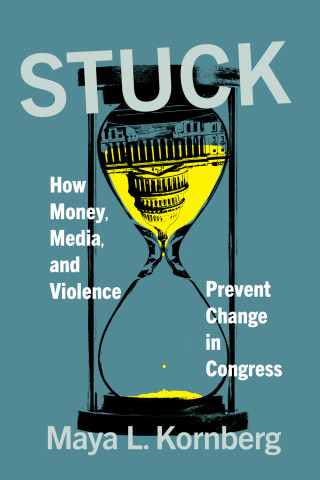
Reviews
A courageous, definitive work.
Desch's book... already has proven influential in shaping the debate within the academic and the policymaking communities. The book is important because it makes a bold argument based on a clearly advanced theory and tests it against an extraordinary range of cases... A landmark study.
A refreshing addition to the literature on civil-military relations. It challenges traditional explanations and contributes to several different important theoretical and policy debates.
A timely book with a provocative thesis.
Book Details
List of Figures and Tables
Acknowledgments
Chapter 1: Introduction
Chapter 2: Civilian Control of the Military in Different Threat Environments
Chapter 3: Losing Control? Civil-Military Relations in the
List of Figures and Tables
Acknowledgments
Chapter 1: Introduction
Chapter 2: Civilian Control of the Military in Different Threat Environments
Chapter 3: Losing Control? Civil-Military Relations in the United States during and after the Cold War
Chapter 4: Controlling Chaos: Civilian Control of the Soviet and Russian Militaries
Chapter 5: The Anger of the Legions: The Hindenburg-Ludendorff Dictatorship, The Algerian Crisis, and Interwar Japan
Chapter 6: Twilight of the Generals? Domestic Security and Civil-Military Relations in Southern Latin America
Chapter 7: What the Future Holds
Appendix
Major U.S. Civil-Military Conflicts, 1938-1997
Notes





